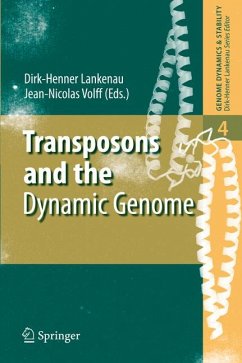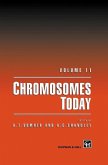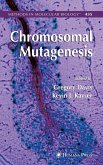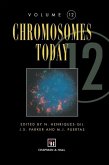This volume gives an overview on mobile DNA and how such contradiction to the obligatory stability of genomes can be understood. Obviously, an understanding can only be achieved by cutting deeply into the evolutionary history of life along with the evolution of transposable elements and dynamic genomes.
This book therefore also celebrates Charles Darwin's 200th birthday. The reader is challenged to view the role of movable DNA along historical roots from the levels of cells to populations to biological species integrating the accompanying molecular evolution of host, cell and genome interaction. One will witness even the reactivation of a long since dead, fossil transposable element and the infection of germline cells by the first established, mobile and endogenous insect retrovirus.
Dieser Download kann aus rechtlichen Gründen nur mit Rechnungsadresse in A, B, BG, CY, CZ, D, DK, EW, E, FIN, F, GR, HR, H, IRL, I, LT, L, LR, M, NL, PL, P, R, S, SLO, SK ausgeliefert werden.









